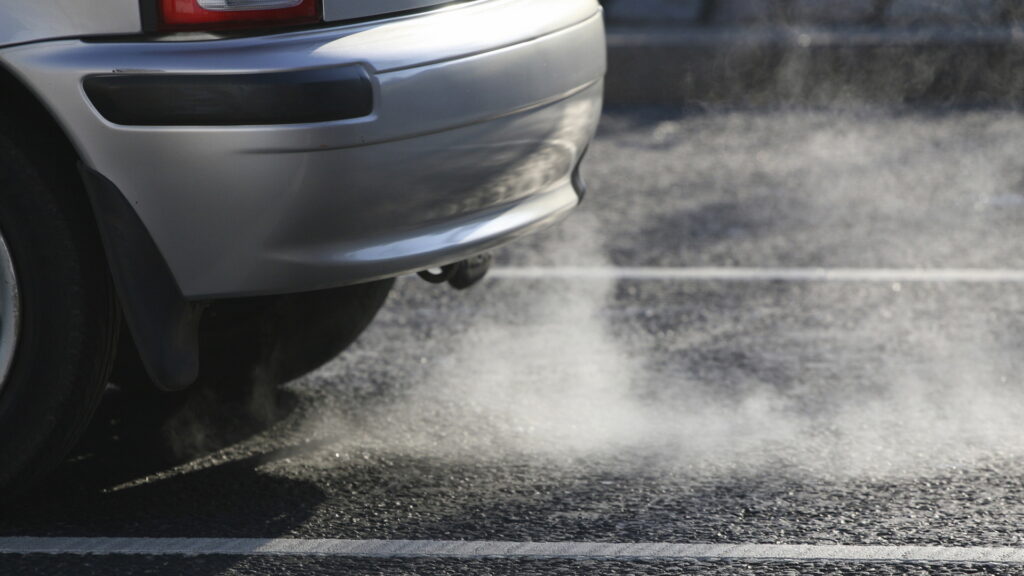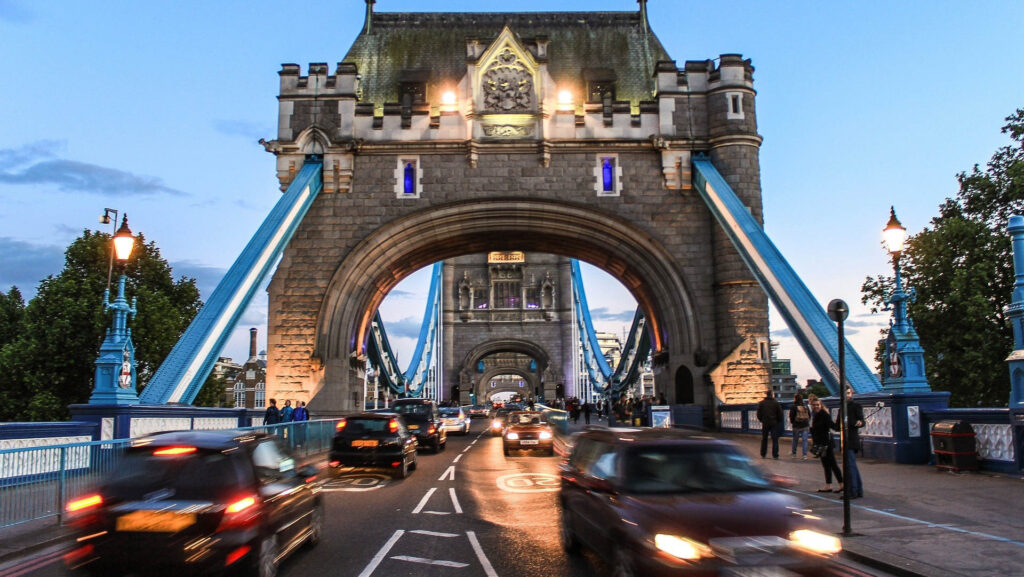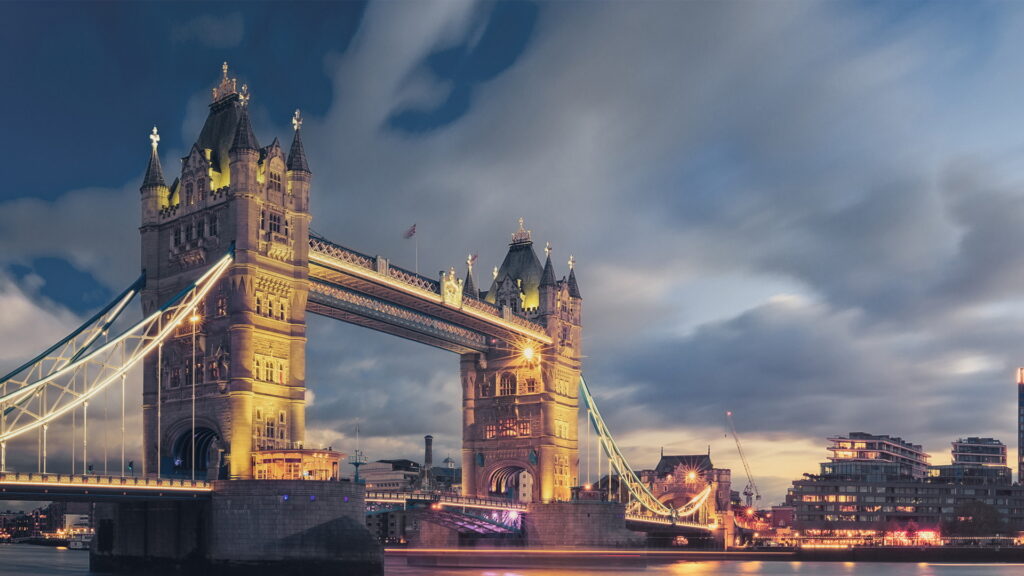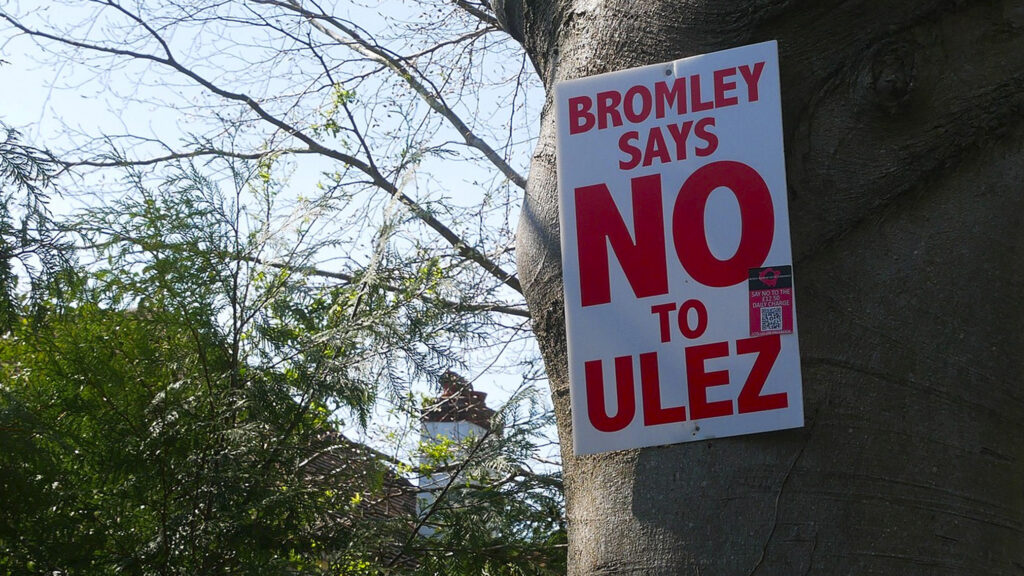Public outcry against the expansion of London’s Ultra Low Emission Zone (ULEZ) has reached new heights, with some drivers now taking matters into their own hands.
The Metropolitan Police reports that hundreds of cameras that read number plates have been damaged, disabled, or stolen. But, with new regulations set to come into place expanding the preview of the low emissions zones, thousands will be on the hook for daily charges to use their vehicles.
What Is ULEZ All About?

ULEZ was first introduced in central London in 2019 before being further expanded in 2021 to the city’s inner suburbs. But from next week, it will cover all of Greater London — which includes the outer suburbs that are home to more than half of London’s inhabitants.
See Also: Range Rover Classic Restomod Is Compliant With London’s Ultra Low Emission Zone
Residents will have no choice but to pay the ULEZ charge of £12.50 (approximately $16) every day they wish to drive their vehicle if it doesn’t conform to the stringent emissions regulations. Most gas-powered vans and cars manufactured before 2006 and diesels built prior to 2015 do not qualify for an exemption, making them liable for the daily charge. Adding insult to injury, the fee is levied on top of the Congestion Charge if a car is to enter central London during peak hours. Those who don’t pay the clean air charge may be liable to a fine of £180, reduced to £90 if paid in 14 days.
Discord Across The Board

There is also a political rift that has brewed. Sadiq Khan, a member of the opposition Labour Party and Mayor Of London, has advocated for the ULEZ expansion. He says that the new restrictions will allow five million Londoners to breathe cleaner air and will cut the number of accidents in the capital. But the Conservative government has criticized the expansion of the ULEZ, with British Prime Minister Rushi Sunak questioning whether going ahead with plans should be a priority.
In addition to public and national government opposition, the claim that ULEZ is improving air quality is debated, too. A study by Imperial College London compared air quality 12 weeks after the expansion of ULEZ in 2021. Their findings suggested that the zone had relatively little impact on pollutant levels. However, research published by the mayor’s office in February concluded that particulate matter was 19 percent lower and nitrogen oxide was cut 26 percent in the low-emission zones since 2019.
For many lower-income households, the move has become unpopular. With inflation up by 11 percent last year, families are being struck by the rising cost of living. In addition, public transport links outside of the city center are not as convenient as those found towards the inner city, meaning that car ownership is higher in Greater London.
Vandalism On The Rise
A report from ABC News describes the situation as reaching a “political flashpoint,” while there’s even a group of vigilante vandals calling themselves “The Blade Runners” posting footage on social media cutting wires and damaging ULEZ boxes. As of August 1st, 288 crimes of this nature were recorded by the police.
Related: European Automakers Owe Drivers Millions For Deceitful Diesels, Court Rules
“The cameras are going to keep coming down,” said Nick Arlet, an activist who has organized protests against the clean-air charge. Speaking to ABC News, he neither condones nor condemns the vandalism, saying that “people are angry.” Meanwhile, Anna Austen, a working mother, relies on her 15-year-old diesel car to take her children to school and go to work. “It’s going to make poor people poorer,” said Austen. “I have no money to pay the fines, I have no money to replace my car.”
A used car scrappage scheme is available for London residents to avail of, but the £2,000 ($2,500) on offer is being labeled by critics as a paltry sum in comparison to the cost of a new car.
What’s Next?
The ULEZ debate will likely rage on and may be a precursor to the UK’s proposed ban on the sale of new gas and diesel cars by 2030. Despite questioning whether the new charges are a priority, Prime Minister Sunak claims that his party, the Conservatives, is committed to reducing emissions. He plans to stick to the proposed date for phasing out the sale of ICE vehicles.
However, detractors have questioned how that aligns with Sunak’s approval of new North Sea oil and gas drilling. With a General Election rumored to be around the corner, it’s very likely that the issues that motorists are now facing will play a pivotal role in campaigning.

Opening Image: Wikimedia Commons / Doyle of London




